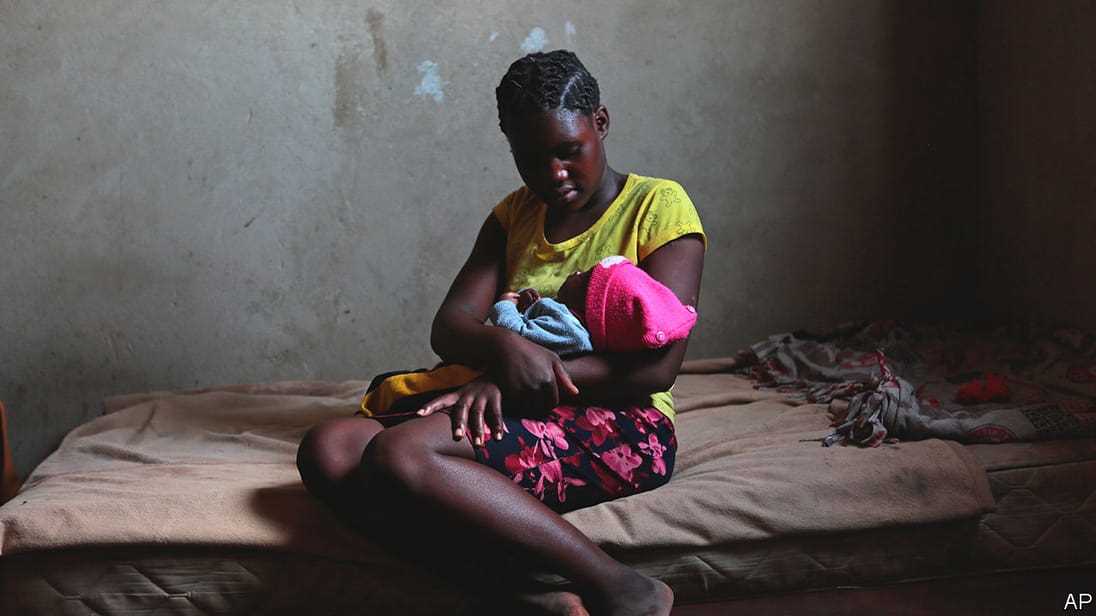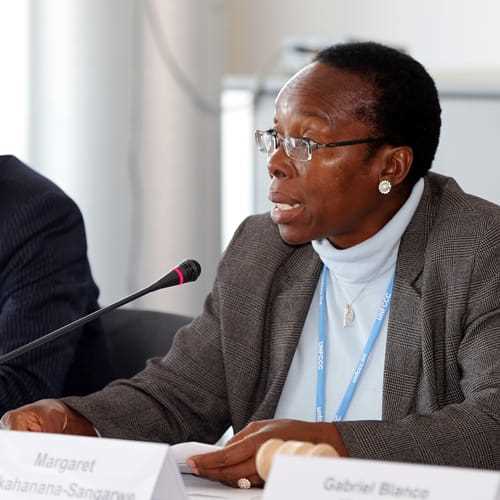
Rutendo Mazhindu- Zim Now Reporter
A sharp rise in teenage pregnancies and child marriages in Manicaland Province is fueling a generational cycle of poverty, with thousands of girls dropping out of school and losing access to education, healthcare, and economic opportunities.
New figures from the National AIDS Council revealed that 13,353 teenage girls fell pregnant in 2024, while 161 girls dropped out of school due to child marriages, 12 of whom were still in primary school.
Labour Economists and Afrikan Democrats issued a statement saying the statistics expose a deep-rooted social and economic crisis that must be addressed with urgency.
“This is not just a statistic. It is a national crisis and a blatant violation of the rights of the girl child,” said LEAD President Linda Masarira.
“The fact that three primary school learners were impregnated and many more forced into marriage should shock the conscience of every Zimbabwean.”
Masarira said teenage pregnancies rob girls of their right to education, often locking them into a lifetime of poverty and dependence.
“We are losing a generation of girls to poverty, sexual abuse, harmful cultural practices, and institutional neglect,” she said.
Related Stories
LEAD is calling for immediate legal action against those responsible for the exploitation of minors.
“Perpetrators, including guardians, religious leaders, and community members, must face the full wrath of the law,” Masarira said.
LEAD is also pushing for schools to become safe spaces, offering sexual and reproductive health education tailored to the needs of vulnerable communities.
Beyond education, LEAD called for targeted economic empowerment programs to support families in poverty. “When families are economically secure, girls are less likely to be pushed into early marriages,” Masarira said.
LEAD said traditional and religious leaders who endorse or tolerate child marriages must be held accountable, and harmful cultural practices must be outlawed.
The organization called for stronger support for the Zimbabwe Gender Commission and Child Protection Committees, warning that without proper resources and enforcement powers, the crisis will continue unchecked.
Masarira said raising awareness at the community level is key and endorsed grassroots initiatives such as the #NotInMyVillage campaign.
“Communities must stand up for their girls. These conversations need to happen in homes, churches, schools, and village meetings,” she said.
LEAD warned that failure to act could see this crisis spiral further, cutting short the dreams of thousands more girls each year.




















Leave Comments